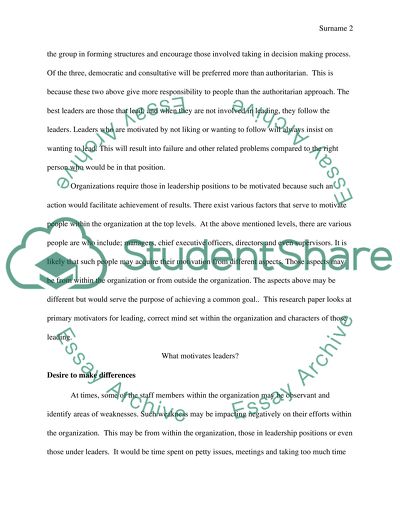Cite this document
(“Tolstoy's Concept of Power and Leadership Research Paper”, n.d.)
Retrieved from https://studentshare.org/english/1395729-tolstoy-s-concept-of-power-and-leadership
Retrieved from https://studentshare.org/english/1395729-tolstoy-s-concept-of-power-and-leadership
(Tolstoy'S Concept of Power and Leadership Research Paper)
https://studentshare.org/english/1395729-tolstoy-s-concept-of-power-and-leadership.
https://studentshare.org/english/1395729-tolstoy-s-concept-of-power-and-leadership.
“Tolstoy'S Concept of Power and Leadership Research Paper”, n.d. https://studentshare.org/english/1395729-tolstoy-s-concept-of-power-and-leadership.


